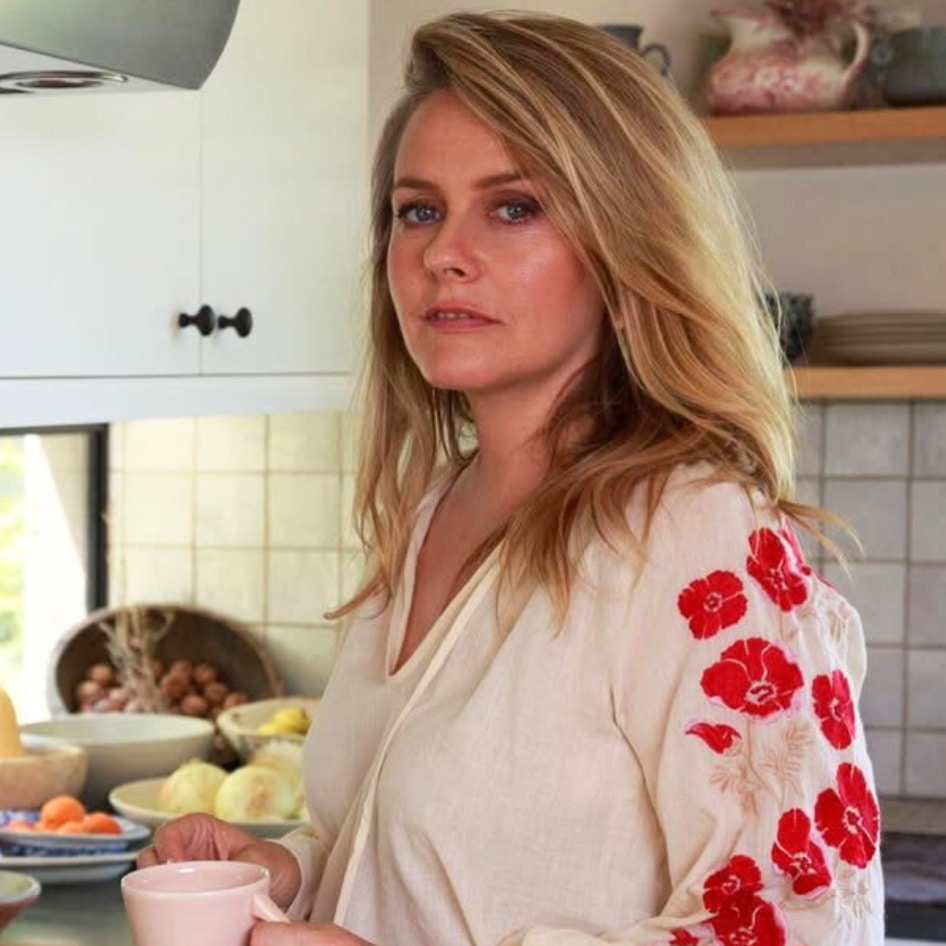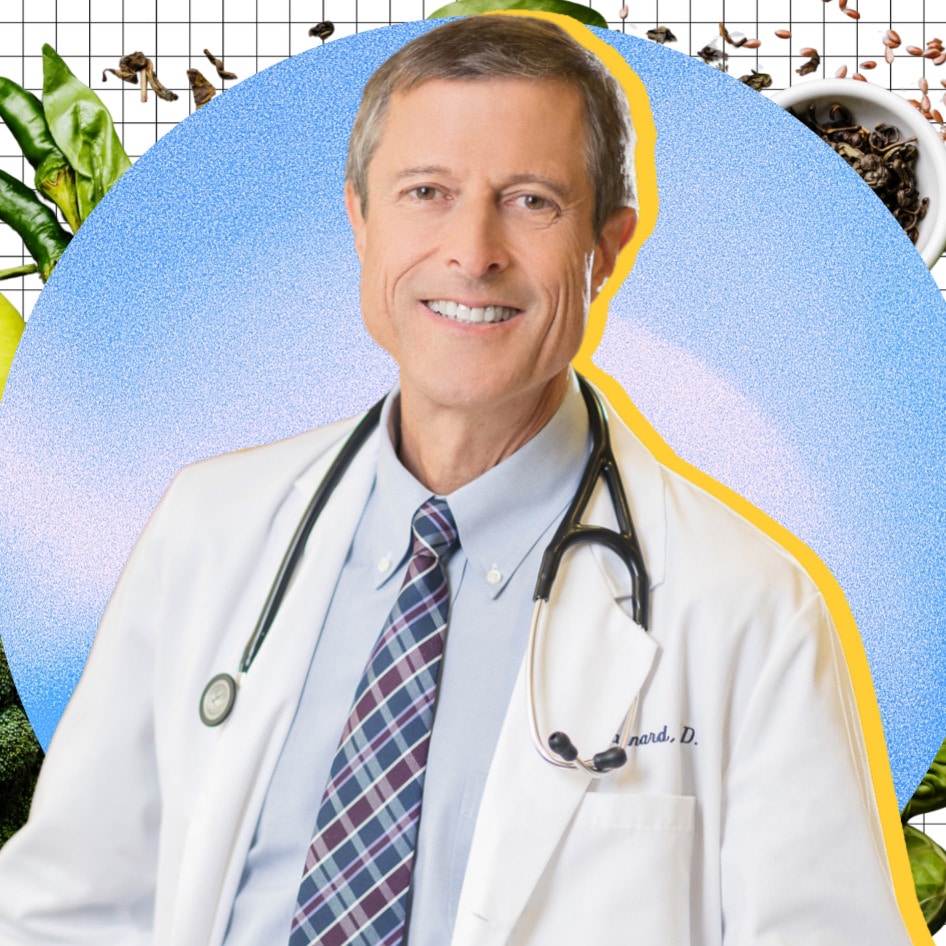Philosophy of Food
Get a taste of the macrobiotic culinary tradition with VN’s mini Food Philosophy 101 course.
May 9, 2009
Food is a deeply ingrained part of all cultures, and regional differences reflect a variety of flavors and philosophies. As far back as ancient Greece, religious principles and health concerns have been linked to dietary practices. Since then, several food “movements” have emerged, gradually spreading around the globe along with trade, missionaries, and modern exchanges of ideas. One of the most intriguing movements is macrobiotics.
The term “macrobiotic” comes from the Greek words for “great life,” but the food movement actually began in Japan. Its founder was George Ohsawa, who was born near Kyoto in 1893. After losing his mother and three siblings to tuberculosis, Ohsawa himself developed the disease at age 18 and was told he wouldn’t live. But he happened upon a book by Dr. Sagen Ishizuka that advocated a traditional Japanese diet consisting mostly of whole grains and vegetables, including many sea vegetables.
Ohsawa followed the diet and his illness disappeared. He researched ancient Japanese texts and became a proponent of a “clean” diet. Carl Ferré, president of the George Ohsawa Macrobiotic Foundation, explains that Ohsawa developed the idea that sickness comes about by violating “the order of the universe,” and can only be healed by restoring that natural order through diet. “The more unaltered [food] is, the more it comes from nature, the better,” he says.
Macrobiotic foods are chosen based on their yin (expansive or external) and yang (contractive or internal) properties. Sugar, oils, nightshade vegetables, and alcohol are examples of yin foods, which must be carefully controlled. Grains, root-vegetables, and salt have more yang qualities. Ferré says that organic, locally grown seasonal foods are best.
Ohsawa traveled worldwide to promote macrobiotics. He went to France and India in the 1920s but didn’t come to the United States until 1960, when the first macrobiotic center was established in New York (and later California). He wrote more than 300 books and articles, mostly in Japanese. He died in 1966, but his students continued on. There are macrobiotic centers in several countries today, and many followers swear by the diet’s curative powers.
Ferré sees his personal macrobiotic practice, which began in 1975, as part of a larger philosophy of taking personal responsibility for one’s life and health. “I think it has increased my understanding of how the universe works,” he says. “It has expanded my horizons spiritually.”
But is it healthy in the long-term?
Yes, says Amy Lanou, PhD, senior nutrition scientist for the Physicians Committee for Responsible Medicine. By virtue of its emphasis on whole grains and greens, Lanou says macrobiotic eating “has been very useful in helping people heal from cancer and survive cancer” because phytochemicals inhibit cancer cell growth.
Healthy, potentially cancer-preventing, and delicious, too? “Great life” indeed!
JUMP TO ... Latest News | Recipes | Guides | Health | Subscribe







